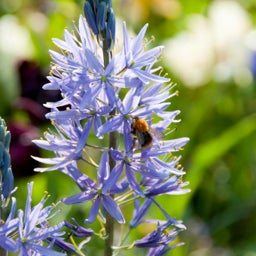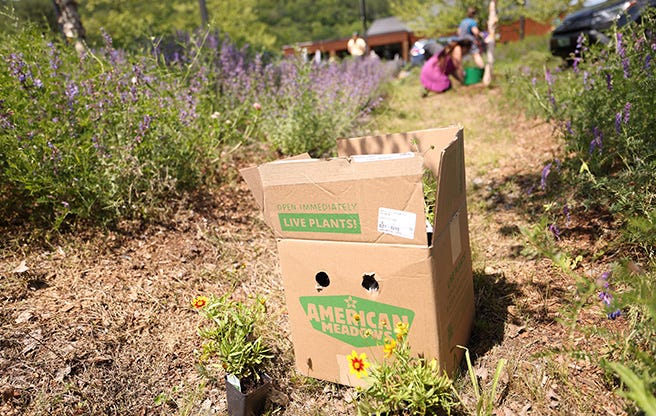Camassia Lily
SALE | SAVE 25%
SKU: AM002268
Shipping:
Shipping begins the week of September 16th, 2024
Overview
Camassia or Camas lily, is a beautiful native spring-flowering bulb. It produces blue star-shaped flowers from a tall, spiky stem. Appreciates moist, fertile, and acidic soil in full sun to part shade. Camassia comes back year after year and is deer resistant. Plant in meadows, open woodlands and in groups for showy results. (Camassia leichtlinii)
key features
Botanical Name
Camassia leichtlinii, Camassia caerulea
Advantages
Native, Deer Resistant, Squirrel Resistant, Easy To Grow, Naturalizes, Cut Flowers, Container Planting
Growing Zones
Zone 3, Zone 4, Zone 5, Zone 6, Zone 7, Zone 8, Zone 9
Light Requirements
Full Sun, Half Sun / Half Shade
Soil Moisture
Average, Moist / Wet
Mature Height
32" tall
Bulb Spacing
9 bulbs per sq. ft.
Bloom Time
Mid spring
SKU
AM002268




